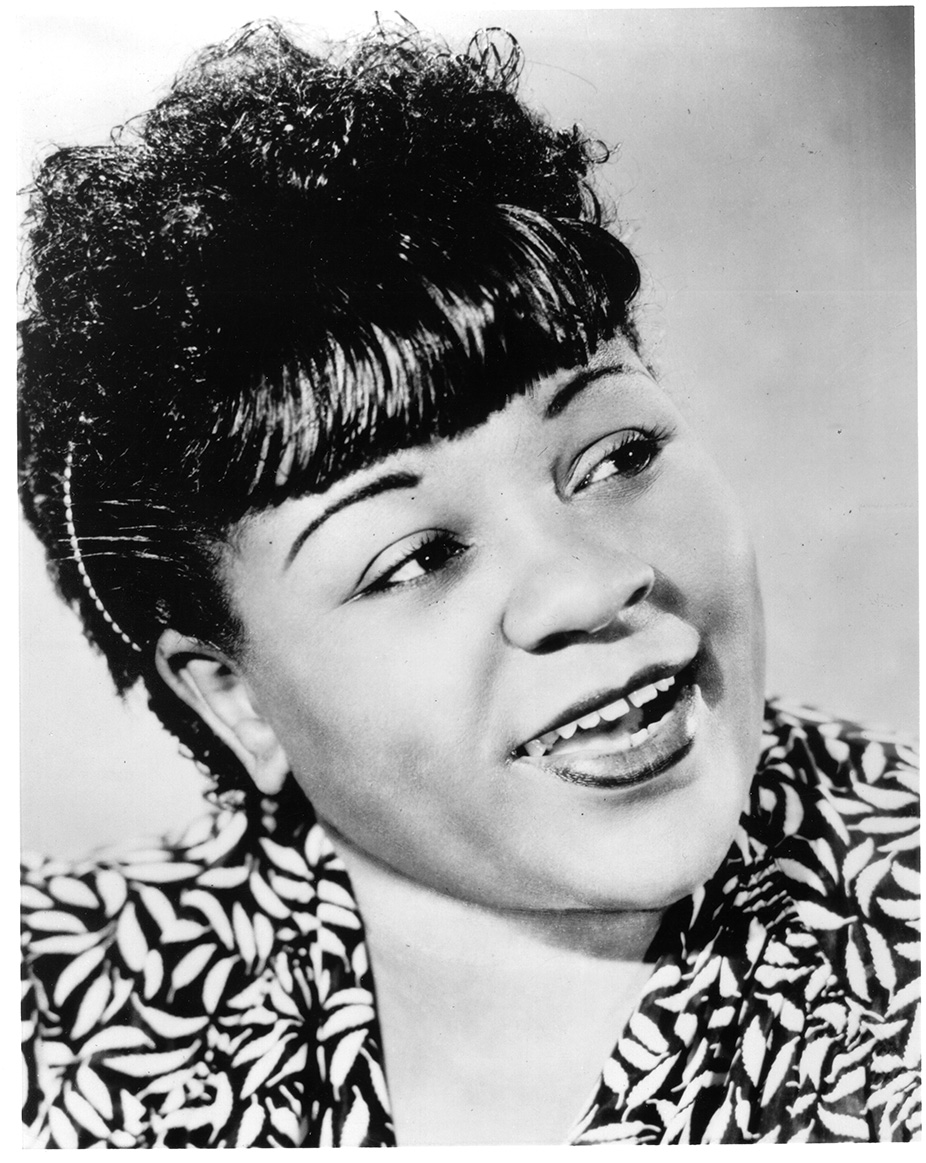Julia Lee

Julia Lee was known for her husky voice, her straightforward piano style, and the easy, but heartfelt way she sang. In a professional singing career that spanned four decades, Lee built a national reputation as one of the great female blues singers of all time.
Julia Lee was born in Booneville, Missouri, and raised in Kansas City, where she attended Lincoln High School. As a child, she performed with her father's string trio, as well as at neighborhood house parties and church socials. She began her professional musical career singing and playing the piano in her brother's band, George E. Lee and His Novelty Singing Orchestra. George Lee's band formed around 1920, and, among the black musical groups in the Kansas City area, was the biggest rival of the Bennie Moten Orchestra during that decade. George Lee's band featured outstanding singers and soloists. It was also the training ground for a many talented young musicians, including, briefly, Charlie Parker.
After her brother's group disbanded in 1935, Julia Lee stayed in Kansas City and launched an independent career. A major figure in the blues revival that followed World War II, her trademark was double entrendres, or, as she once said, "the songs my mother taught me not to sing."
She made several hit records in the 1940s. The success of "Come on Over to My House Baby" lead to a recording contract with Capitol Records in 1946. "Snatch and Grab It," recorded in 1947, sold a half million copies. She worked primarily in Kansas City and frequently teamed up with the great drummer Samuel "Baby" Lovett, a veteran of George Lee's band. In 1949, Lee and Lovett played at the White House at the invitation of President Harry Truman.
Lee was married for a time to baseball player and manager Frank Duncan, of the Kansas City Monarchs. At the time of her death, she was one of the most popular performers in Kansas City.
A version of this article previously appeared at http://www.kchistory.org/content/biography-julia-lee-1902-1958-singer-an...
This work is licensed under a Creative Commons Attribution-NonCommercial-NoDerivatives 4.0 International License.
